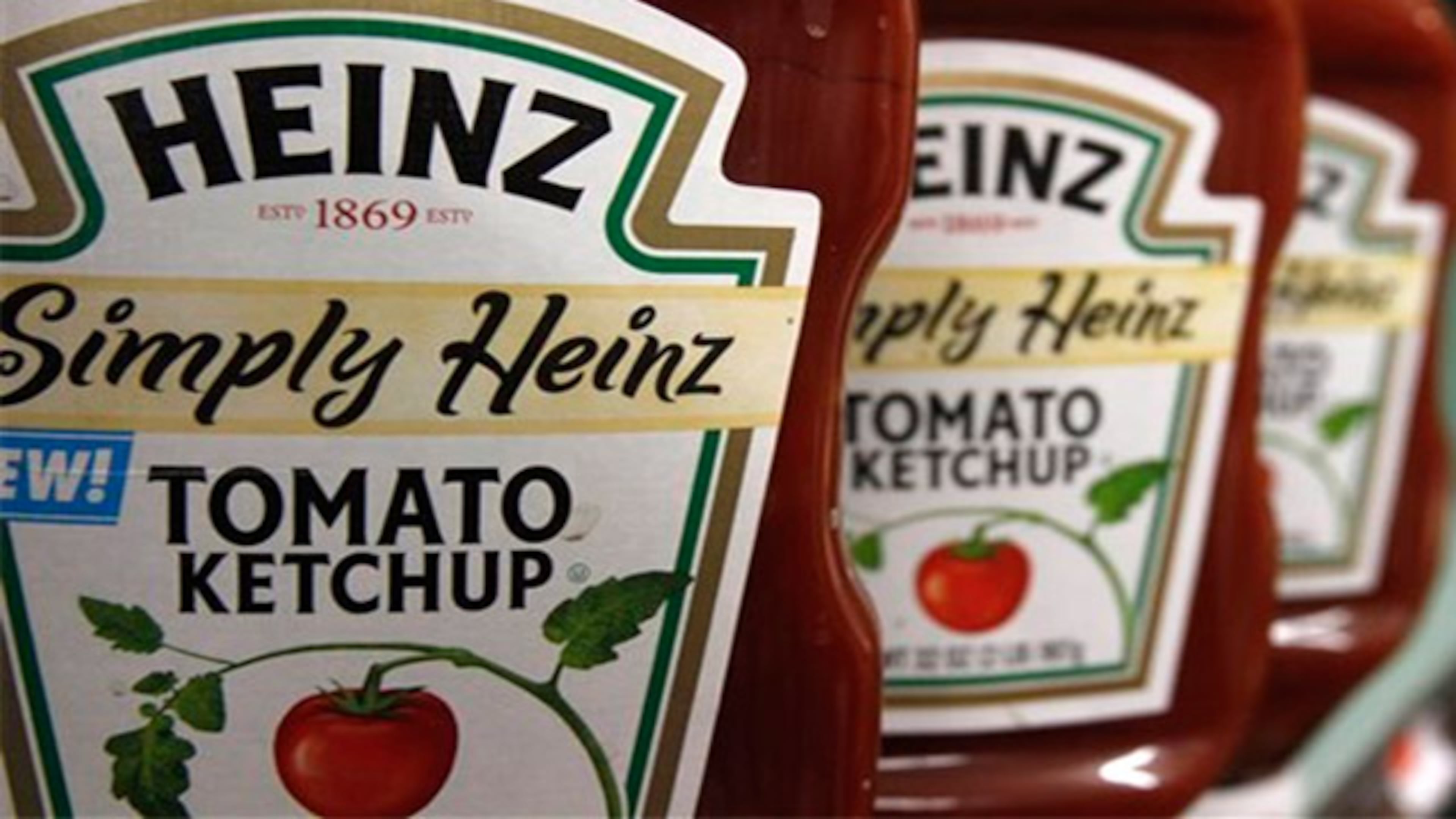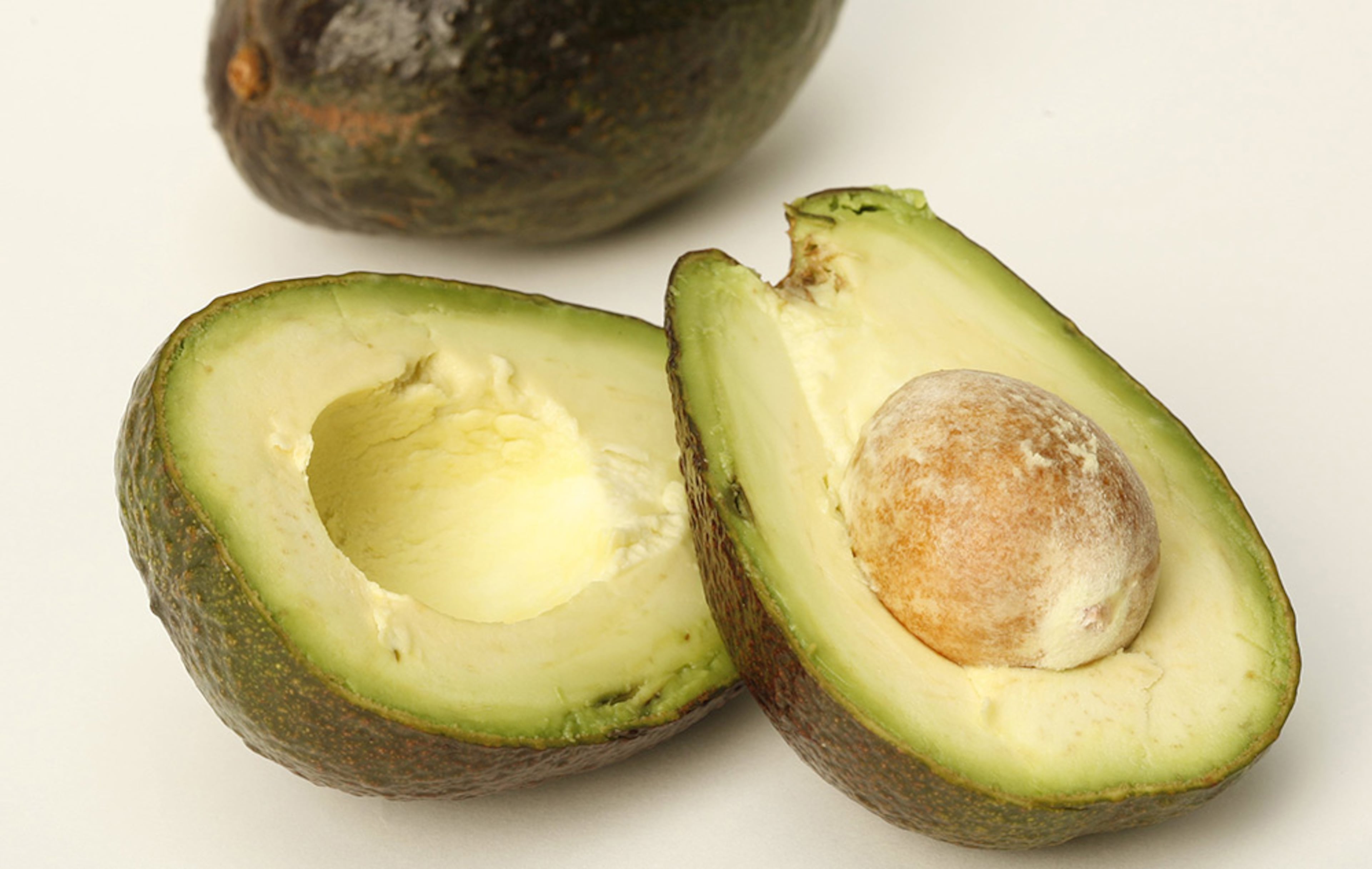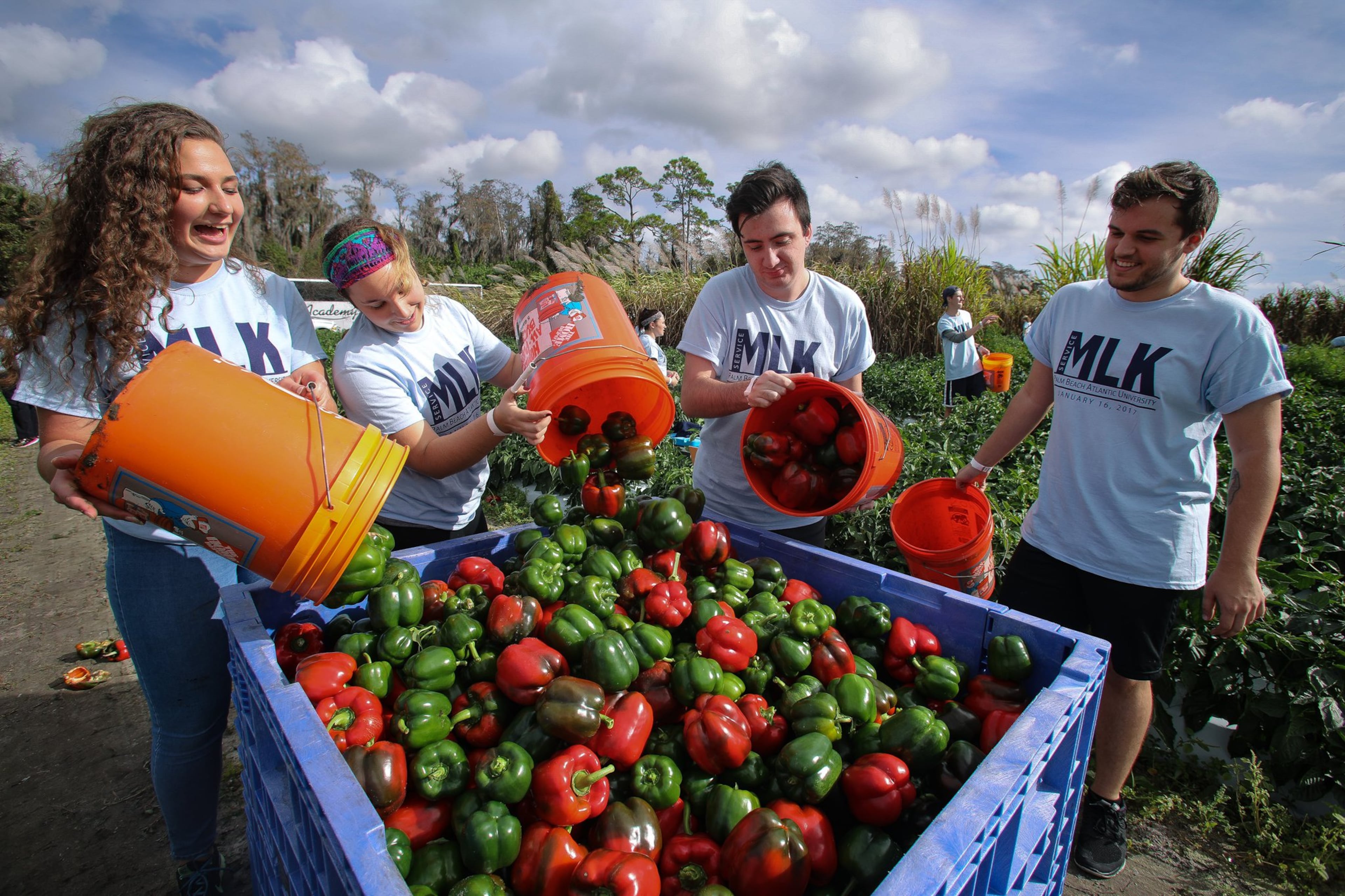10 commonly refrigerated items you can keep on the counter
If your refrigerator is getting a little crowded, chances are you’re keeping items in there that don’t even need to be refrigerated.
For example, that ketchup bottle can actually be kept in a cabinet for up to a month. And unless your peanut butter is organic, you can store it in the pantry.
Here are some items you don’t actually need to keep in the fridge:

Ketchup and mustard
According to TheKitchn.com, yellow, Dijon or even whole-grain mustard can be put away in the cabinet for up to two months and, as mentioned before, ketchup can be kept outside the refrigerator for up to a month.

Honey
According to sustainability website Treehugger, honey does not need to be refrigerated — ever.

Tomatoes
Tomatoes should be kept at room temperature and out of direct sunlight, according to Treehugger.

Potatoes
Here’s a suggestion from CNET.com: Store your potatoes in paper bags in cool, dry pantries.

Stone fruits
According to FarmersAlmanac.com, stone fruits such as peaches, plums and cherries don’t need to be refrigerated if they aren’t ripe.

Garlic
According to Treehugger, the Department of Food Science and Technology at University of California, Davis, suggests storing garlic not in a refrigerator, but in a cool, dry, dark place in a mesh bag, where it should keep for three to five months.

Avocados
Unless your avocado’s ripe and ready to eat, don’t refrigerate it. According to CNET.com, putting an unripe avocado on the counter will make it ripen much faster.

Bread
According to CNET.com, storing bread in the fridge actually speeds up the dehydration process and makes it go stale faster.

Hot sauce
Most commercial hot sauces don’t need to be kept in the fridge, according to PepperScale. Bacteria aren’t able to tolerate the environment created by the acidity of the vinegar and the relatively high salt content.

Peppers
Keep those peppers out of the fridge, because, according to CNET.com, the cold temperature doesn’t make them taste as good.

